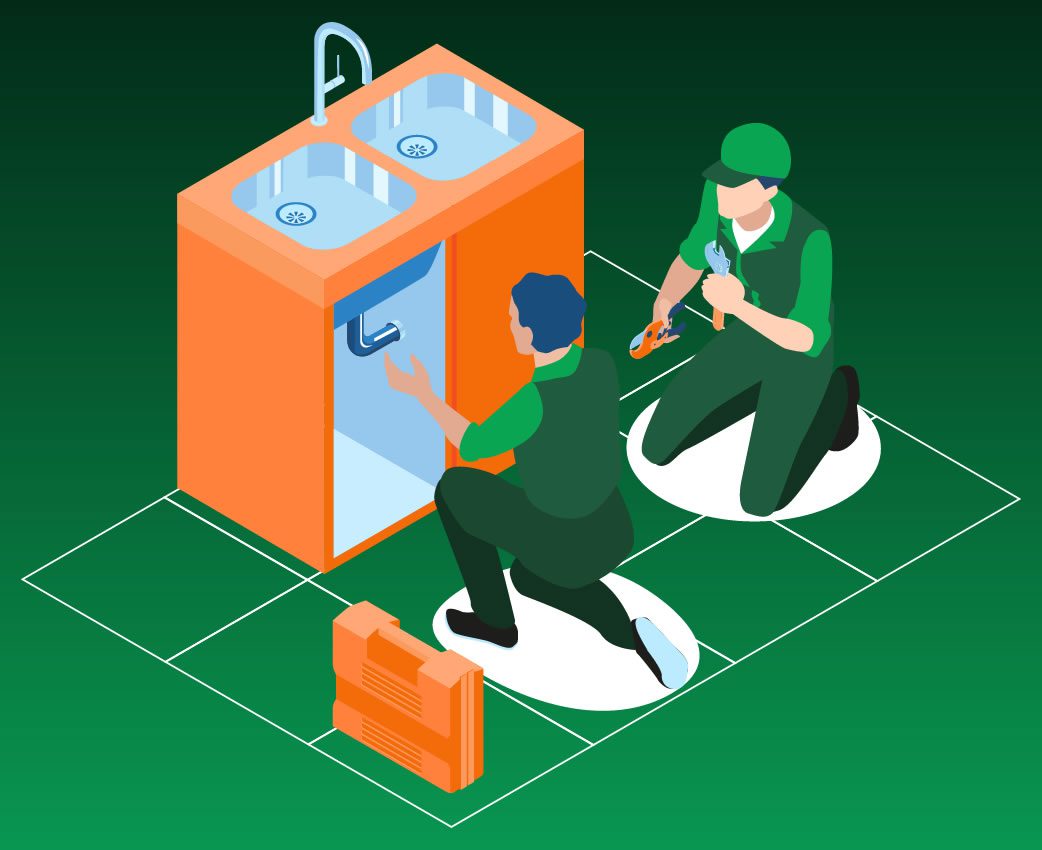Scheduling Routine Plumbing Maintenance: A Proactive Approach for Homeowners
The Significance of Regular Plumbing Check-ups
Taking a proactive approach to plumbing maintenance is a key element in ensuring the longevity of your plumbing systems. Plumbers in my area often stress the importance of routine check-ups to detect potential issues before they turn into costly Plumbers in my area repairs. Let’s delve into why scheduling regular maintenance should be a priority for every homeowner:
1. Preventing Costly Repairs
Regular inspections allow plumbers to identify minor issues before they escalate into major problems. Addressing these concerns early on can save you from expensive repairs down the line.
2. Increasing Energy Efficiency
Leaky faucets, inefficient water heaters, and other plumbing issues can lead to energy wastage. A well-maintained plumbing system operates more efficiently, contributing to energy conservation and reduced utility bills.
3. Enhancing Water Quality
Unchecked plumbing issues can compromise the quality of your water. Routine maintenance includes checking for leaks, ensuring proper filtration, and addressing any issues that may affect the purity of your water supply.
DIY Plumbing Tips for Homeowners
While professional plumbers are essential for more complex issues, there are several maintenance tasks that homeowners can perform to keep their plumbing systems in top condition. Here are some DIY plumbing tips:
1. Regularly Clean Drains
Prevent clogs by routinely cleaning drains using a mixture of baking soda and vinegar. This simple yet effective method can help maintain optimal drainage in sinks, showers, and tubs.
2. Check for Leaks
Keep an eye out for water stains, mold, or musty odors, as these could be indicators of hidden leaks. Promptly addressing leaks can prevent water damage and mold growth.
3. Inspect Water Heater
Regularly inspect your water heater for signs of rust, sediment buildup, or strange noises. Flushing the tank annually can help remove sediment and ensure the heater operates efficiently.
4. Test Water Pressure
Inconsistent water pressure can be a sign of underlying issues. Use a pressure gauge to check your water pressure and consult with a professional if you notice any irregularities.
Choosing Sustainable Plumbing Fixtures
In the quest for a more eco-friendly and sustainable home, many homeowners are opting for environmentally conscious plumbing fixtures. When searching for plumbers in my area, consider those who specialize in the installation of sustainable fixtures:
1. Low-Flow Faucets and Showerheads
Installing low-flow faucets and showerheads can significantly reduce water consumption without compromising water pressure. This eco-friendly option benefits both the environment and your wallet.
2. High-Efficiency Toilets
Modern high-efficiency toilets use less water per flush, contributing to water conservation. Upgrading to these toilets not only reduces your environmental footprint but also lowers your water bills.
3. Tankless Water Heaters
Tankless water heaters heat water on demand, eliminating the need for a constantly heated tank. This not only saves energy but also provides a continuous supply of hot water.
Conclusion
In the ever-evolving world of plumbing, staying informed about the latest trends, maintenance practices, and eco-friendly options is crucial for homeowners. By incorporating routine maintenance, embracing DIY tips, and opting for sustainable fixtures, you can contribute to the longevity and efficiency of your plumbing systems.